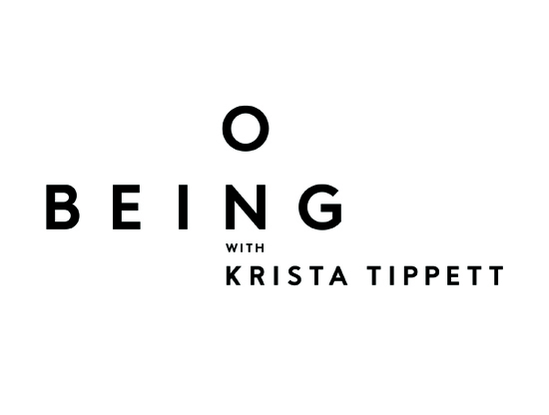"My Body Doesn't Belong to You"
Four books: Men Explain Things to Me, by Rebecca Solnit; The Dew Breaker, by Edwidge Danticat; Half the Sky, by Nicholas Kristof and Sheryl WuDunn; A Moonless, Starlesss Sky, by Alexis Okeowo.
Two podcasts: the one above, and this one ("Want a more innovative company? Hire more women").
There is nothing comprehensive about this list -- the trove of brilliant and meaningful feminist writing extends well beyond this selection. It's just that these six happen to have been in my field of vision over the past couple of weeks, and I'm thrilled that they were. I sat in the subway listening to this hauntingly read essay ("My Body Doesn't Belong to You") and all I thought of were my sisters, my nieces, the amazing women in my life, and the level of unawareness I have about what being a woman truly means. I try to empathize and ask and understand, but how could I really know?
The four books have also given me so many different edges of the same discussion: Solnit's facts and anecdotes, ones I find myself trembling to, almost; Danticat -- the magnificent Haitian writer -- and her stories about immigrant identity and the silencing of women (is she really writing fiction?); I was reading Half the Sky in a waiting room, this sentence in particular:
More girls were killed in the last 50 years, precisely because they were girls, than men killed in all the wars in the 20th century.
And I made a little note in the book and put it down. It was after a section I had read in Solnit's book about the lack of newsworthiness of stories like these -- how they're perhaps too humdrum unless there's celebrity involved -- and on the television was a reporter in some sort of halloween costume at some sort of halloween party. It's not that all storytelling ought to be heavy and serious -- absolutely not -- it's just that even a sentence like what I just wrote presumes the incorrect order: we should not dishonor the truths of the world by diminishing or ignoring their existence, (a point that Ta-Nehisi Coates makes over and over again, one that I clap for every time).
And lastly, Okeowo's book is tremendous. Her stories of ordinary women and men fighting extremism in Africa are immensely powerful -- I was truly shaken by a particular one about slavery in Mauritania. Yesterday, I woke up in my cozy apartment and put my plants on the ledge outside to take in some of the lovely rain while I made some eggs and coffee and wondered when the leaves would go from green to yellow to orange to red, and all I kept returning to were the stories from her book. The realization quite cliché: how lucky am I, how lucky am I, how lucky am I.
Anyway anyway. This podcast was something I've lined up to revisit. And more than that, it was this (along with the books, and other things as well) that has made me want to actually do something -- perhaps repurpose my law degree, getting licensed in New York so I can work on these issues directly. More on that later.








